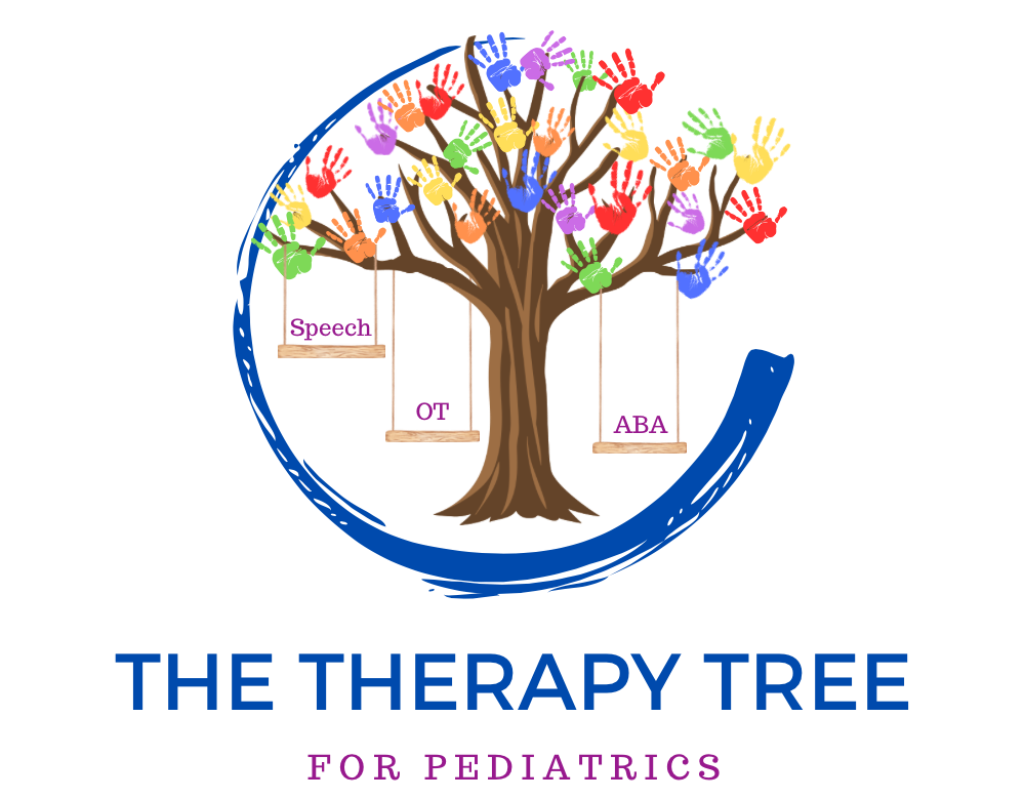Social Communication: Helping Children Develop Better Social Skills
Social communication is a vital aspect of how children interact with others and navigate the world around them. It encompasses the ability to use language appropriately in social situations, understand nonverbal cues, and engage in meaningful conversations. For some children, developing these social skills may require additional support, and that’s where social communication therapy can be beneficial.
Social communication involves more than just talking; it includes understanding how to take turns in conversation, recognize body language, and respond appropriately to different social settings. For children who face challenges in these areas, it can affect their relationships with peers, their ability to express themselves, and even their success in school.
Therapists who specialize in social communication work with children to enhance these skills in a structured and supportive environment. Through role-playing, games, and guided interactions, children can practice making eye contact, understanding facial expressions, and navigating group conversations. This therapeutic approach helps children become more aware of social norms and provides them with tools to communicate more effectively.
Parents and caregivers also play a crucial role in reinforcing social communication skills. Encouraging regular social interactions, practicing conversations at home, and modeling good communication behaviors can complement the work being done in therapy.
By improving social communication, children gain confidence in their interactions, building stronger relationships with others and feeling more connected to their environment. Social communication therapy offers a path toward helping children feel more comfortable and capable in social situations, which is an essential part of their overall development
